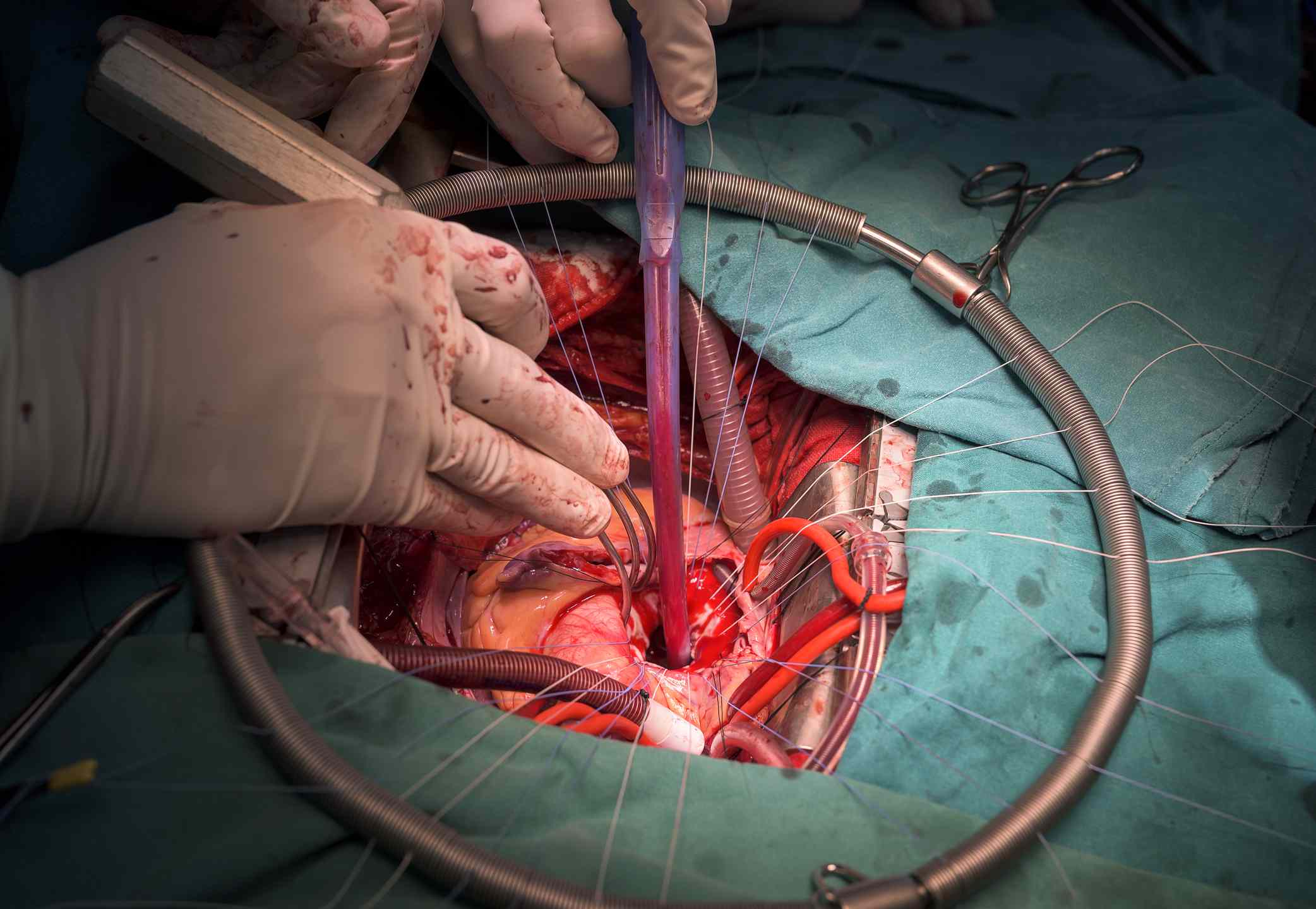
Heart surgeries are nothing more than surgical interventions performed on the structures that make up this organ using cardiac surgery medical equipment. Among them, we can mention heart valves, arteries, or their muscular structure.
These procedures can be of various types and complexities and, therefore, have many different functions and purposes. Your need can only be assessed and determined by a specialist in Cardiology after a thorough investigation of each patient’s case.
What Diseases Require Heart Surgery?
Now that we know how heart surgery works, how about finding out what types of problems they can be indicated for? Below is a selection of some of the more common ones.
Valve Diseases
The valves (or set of valves) are fundamental structures of our heart. They can be affected by various problems. The valves can have difficulty in the opening (called stenosis, that is when the blood flow through them becomes less) or lose their function to prevent the reflux of liquid (called valvular insufficiency) or even prolapse (when the valves are larger than the orifice they are supposed to close). In these cases, specific surgical interventions may be recommended, such as changing the valve or attempting to surgically open the valve to restore its function in the case of stenoses.
Coronary Atherosclerotic Disease
The obstruction (or blockage) of the coronary arteries is a relatively common problem in our population. This situation is usually associated with diets with a large volume of fatty foods and a more sedentary lifestyle, reflected in the increase and worsening of the cholesterol profile.
During heart surgery, veins from the leg or chest are used, recanalizing the coronary arteries clogged by cholesterol plaque.
Congenital Diseases
Congenital problems are those that accompany the patient since birth. The most common include malformations in cardiac structures, such as the communication between the atria and ventricles of the heart, which can be corrected through advanced surgical procedures.
tumors
Whether benign or malignant, the presence of tumors may also require cardiac surgery as a therapeutic procedure. The remainder of the treatment will be determined based on the characteristics of this tumor and the needs of each patient.
Arrhythmias
Arrhythmia is the name given to the alteration in the natural heartbeat cycle. This is a problem that can be either a symptom of an illness or a consequence of it. Its treatment can often be done through different surgeries, depending on the origin of the imbalance.
Endocarditis
The endocardium is the innermost layer of the heart. Thus, endocarditis is the name given to an infection that affects this region. Although the treatment of endocarditis is clinical, with antimicrobials, the valve involvement is often so significant that surgery is needed to repair or replace the valve.

